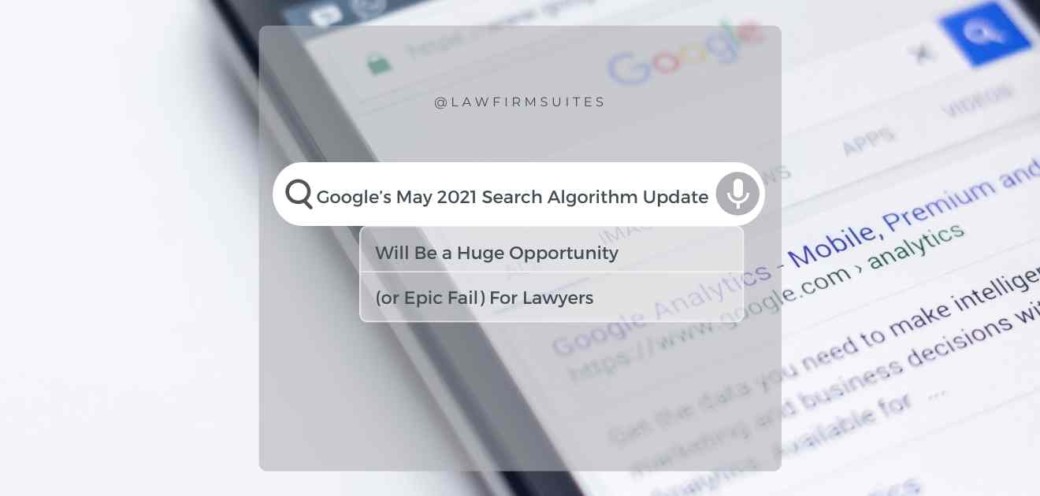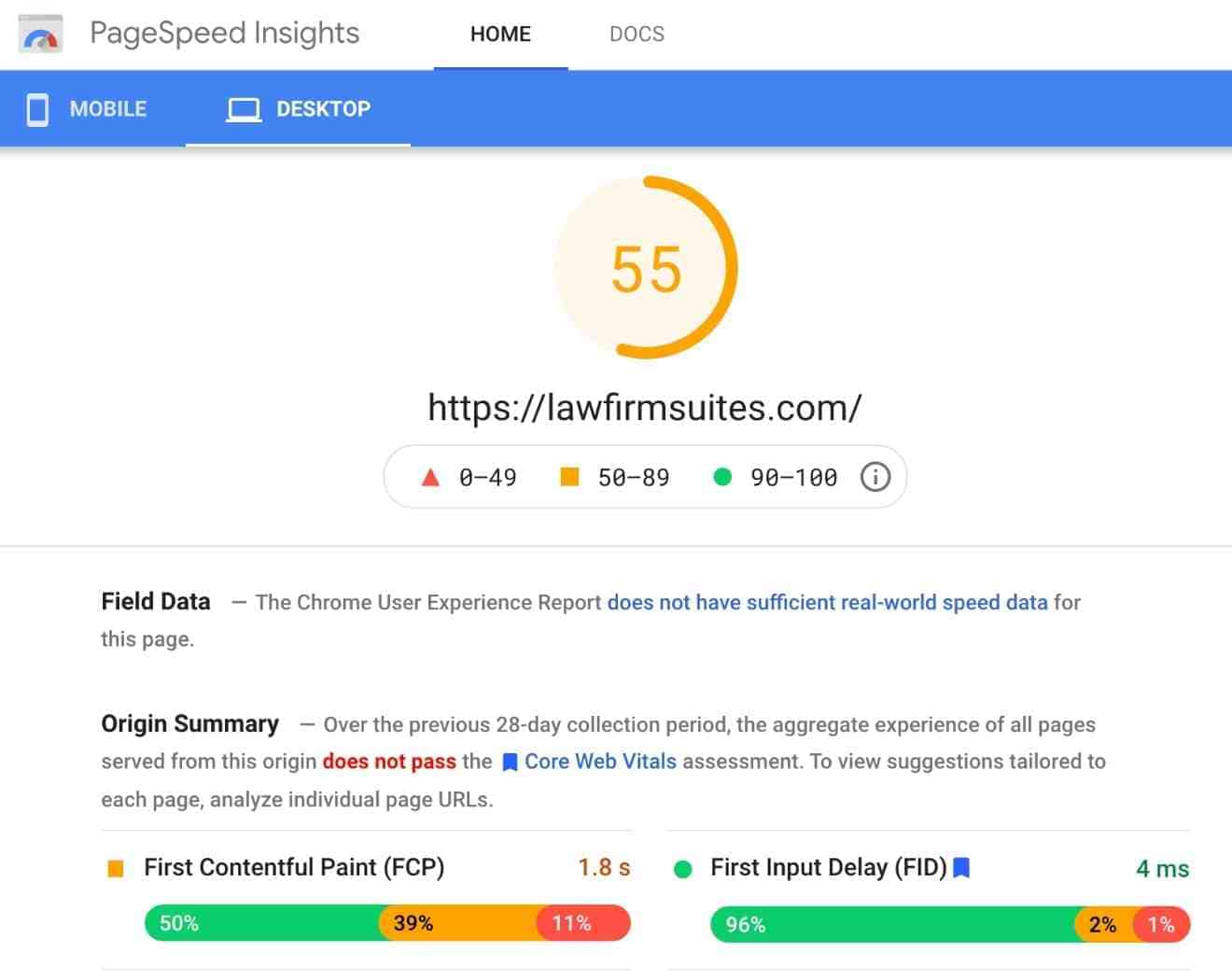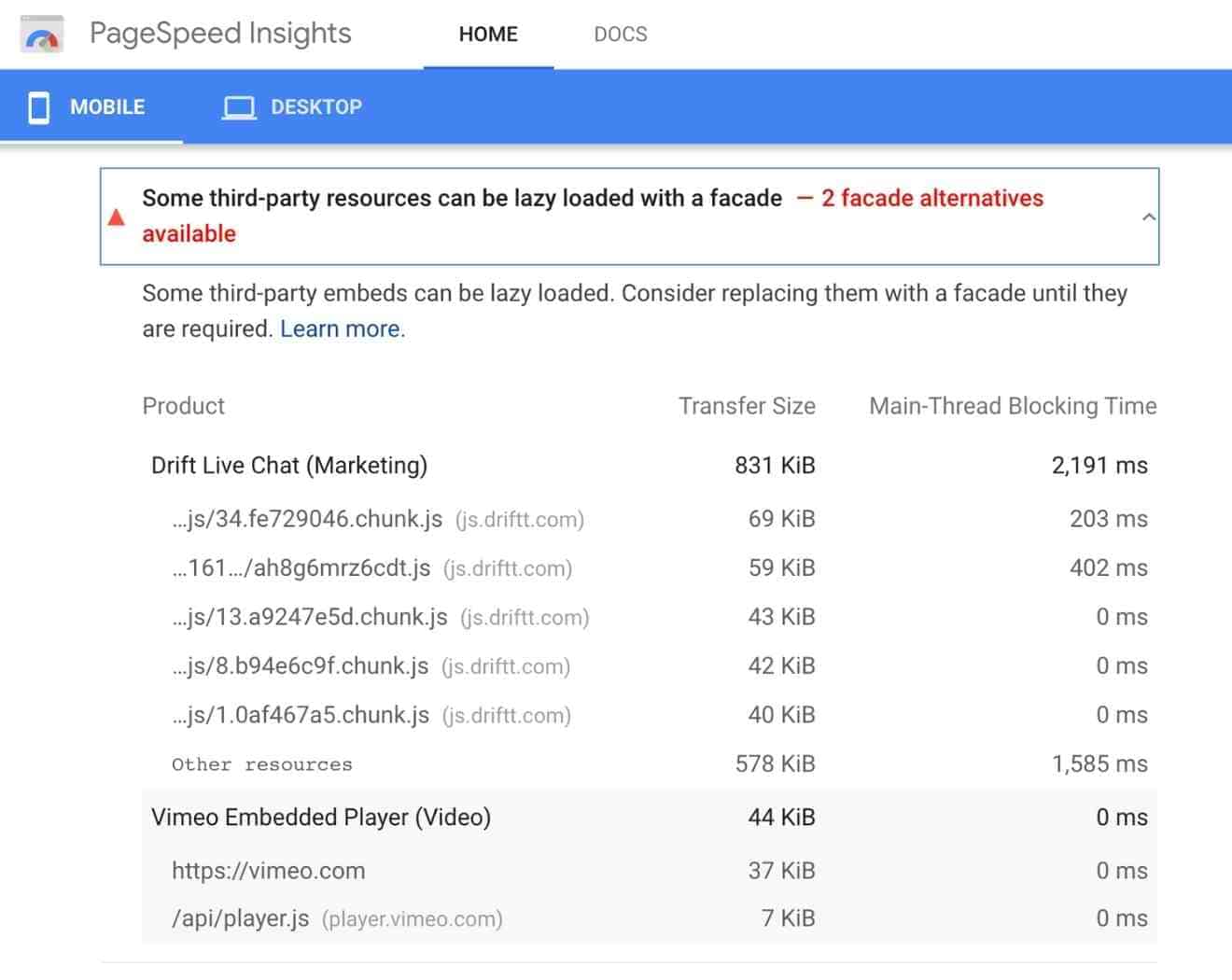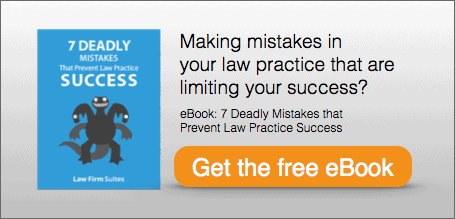For early movers, Google’s 2021 Algorithm Update is a big opportunity for solo lawyers to rank for super competitive search terms, but those late to the party will be relegated to the depths of Internet obscurity.
You know already that search terms related to any profitable area of the law are some of the most highly competitive across the Internet. But with the anticipated update to Google’s search algorithm, small firm attorneys with flexible marketing strategies are in a great position to rank high in free organic search.
Unless your firm has a top-tier SEO firm like Ranking.io on permanent retainer (or your hobby online search technology), chances are you may not be aware that in May 2021, Google will be unrolling one of the biggest changes to its search algorithm.
Google will be placing significant emphasis on “Core Web Vitals”, which includes UX (user experience), faster load speeds, and mobile-friendliness.
How will the new 2021 Google algorithm affect lawyers?
The 2021 Google algorithm change represents an incredible opportunity for small firm lawyers to rank highly for competitive search terms. Lawyers who fail to address these new changes will be relegated to the depths of obscurity, never to be found again.
The challenge for most small firm lawyers is that we are generally working with a small budget to manage our online assets, and we may not have a team in place to assess the issues and make needed changes.
Further, many solos and small firm lawyers rely on affordable and easy-to-build web platforms like Squarespace, WordPress, and Wix, but these platforms tend to be bloated with code and hard to get into ranges Google will now be requiring.
Take Law Firm Suites website for example. The desktop version of our site got a grade of 55/100, which is better than we thought but still fails.
However, the mobile version of our site got a grade of 4/100 and, without major changes, we’ll be in big trouble.
We’re no experts in the technical details of SEO. Others can explain the upcoming changes to Google’s algorithm much better than we can (see the resources below that we’ve linked to).
But if you currently rely on a portion of your leads coming from Web traffic and are concerned about where your website will rank after the update – or if you want to crush a few competitors in high-value search terms for your practice area, we recommend you do these four things:
1. Familiarize yourself with the upcoming algorithm changes.
If you’re going to make changes, you need to speak some of the same languages as the experts who you will hire for help. There are a bunch of resources written in plain English.
Here are a few of my favorites:
Google Page Experience Update 2021: What You Need To Know by Narrative SEO
Narrative SEO is the consulting firm that web agencies are using to update their own Websites for the big algorithm update. This is a nuts and bolts outline of the upcoming changes. Skim this first, then dive into some of the other materials below for more detailed info, and then come back to this again.
Link: https://narrativeseo.com/google-page-experience-update-2021
Google’s May 2021 algorithm update is a very, very big deal by ImpactPlus
Next, read this article from ImpactPlus. It’s a straight, plain English summary about the algorithm changes. Where Narrative SEO’s article may read like a foreign language, Impact’s article will translate the tech-speak. Plus author Liz Moorehead will scare the crap out of you, which is a good thing. Incidentally, Impact is the agency that built the Law Firm Suites website, they are one of the agencies using Narrative SEO for their own web assets.
Link: https://www.impactplus.com/blog/googles-may-2021-algorithm-update-is-a-very-very-big-deal
21 SEO Myths to Leave Behind in 2021 [eBook] by Hubspot
Your SEO challenges won’t be 100% resolved with onsite code. You’ll need a plan to keep the search bots happy. If you think you may have some outdated ideas about what SEO is all about (yeah, you probably do), then test your knowledge with this 53 page downloadable eBook addressing issues like, why SEO isn’t just something to pass off to an IT team and why “keywords” are no longer the end-all-be-all of SEO.
Link: https://offers.hubspot.com/hubfs/21%20SEO%20Myths%20to%20Leave%20Behind%20in%202021-1.pdf
2. Measure your law firm’s website against Google’s new algorithm
Google has created a measurement tool called “Core Web Vitals” to assess whether sites meet the requirements of the new search algorithm (if you read the articles above, you’d know this by now).
The easiest way to measure this is to look at your Core Web Vitals through Google Search Console. There is a menu item on the left side of the screen.
If your site is not set up on Search Console or does not have enough data to produce a report, then you can try PageSpeed Insights also by Google. Make sure to toggle between Mobile and Desktop.
An interesting thing, you can run an analysis on any website, so before you get discouraged about where your site ranks, check out your competition and see where there’s room to beat them out on search results.
3. Talk to your developer (or a developer) who can make the recommended changes.
Get on the phone (or text or chat) with the person who works on your website. You’re going to need someone who understands code, not a person who makes pretty web things.
PageSpeed Insights is going to give you a list of things to work on that, to the average lawyer who struggles with basic math (you know who you are), will be – let’s say – challenging.
Run the changes by them, see if there are any design changes you need, get a price, push them to get it done ASAP.
You’re going to have to spend a little here, expect your costs to be at least $1,000 and possibly a lot more if your site needs design updates.
4. Come up with an SEO strategy for 2021
If you’ve downloaded Hubspot’s ebook, you already know that you can’t fully outsource your law firm’s SEO strategy to an IT team. A big part of SEO is still authoritative content, and YOU are the authority in your practice area.
At Law Firm Suites and in my own law firm, we used the two articles below to come up with our own SEO strategy (in addition to getting our onsite code problems fixed).
The Definitive Guide To SEO In 2021 by Backlinko
Easy-to-read 9 chapter guide about what’s working in SEO for 2021 (in anticipation of the book Google algorithm change), covering topics like Core Web Vitals, passage ranking, video and its effect on SEO, and the rise of Virtual Search.
Link: https://backlinko.com/seo-this-year
How to Create an SEO Strategy for 2021 by Hubspot
This is a great “How To” guide on setting up an SEO strategy that will comply with Google’s new algorithm changes (of course you’ll need a developer to make all the onsight tech changes needed). The rest is really up to you, create content in the context of an SEO framework that Google wants to see.
Link: https://blog.hubspot.com/marketing/seo-strategy
Link Exchange: Why You Shouldn’t Do It (& What to Do Instead)
Developing backlinks is huge part of improving SEO and site authority, but Google dislikes link exchanges between site owners, will penalize sites for engaging in this activity and they have gotten very good at spotting them. Nevertheless, links remain a big factor in search ranking. This guide gives great advice about how to get valuable backlinks and stay in Google’s good graces.
Link: https://respona.com/blog/link-exchange/
Conclusion
Tick, tick, tick – many of you still have a bit more free time than usual since we are still being affected by COVID remote working. This is a good time to get ahead of these changes. For the first time in maybe a decade, you have a good chance to rank on the first page of Google search.
Unless your law firm’s website is used strictly as an online brochure, you will want to start making these changes immediately.





